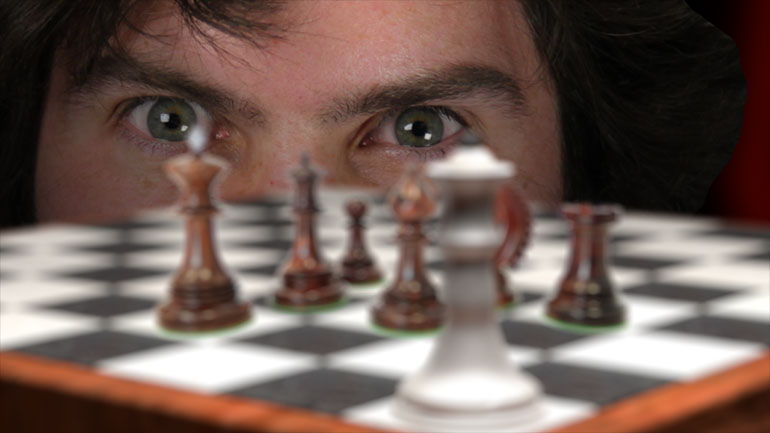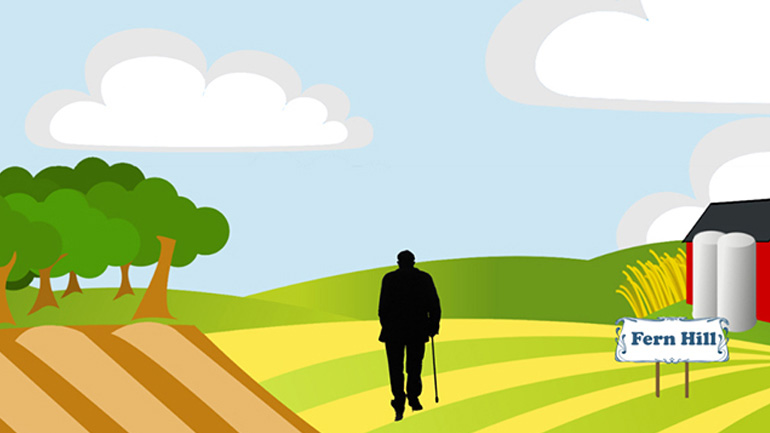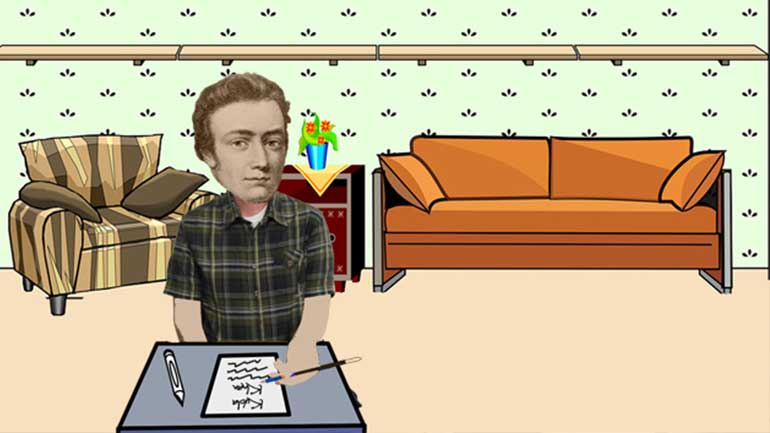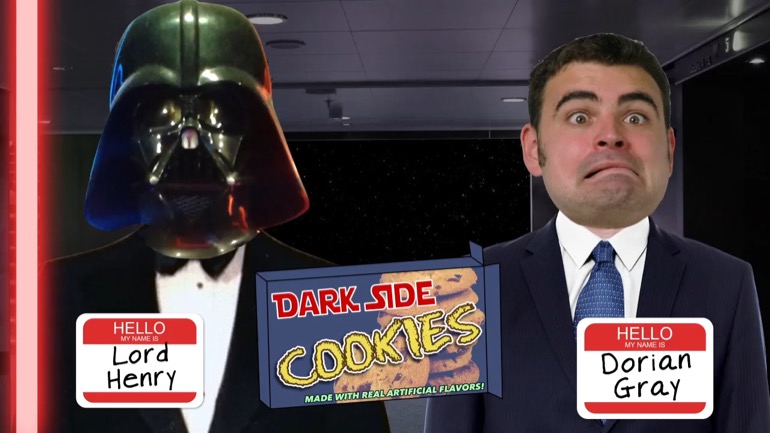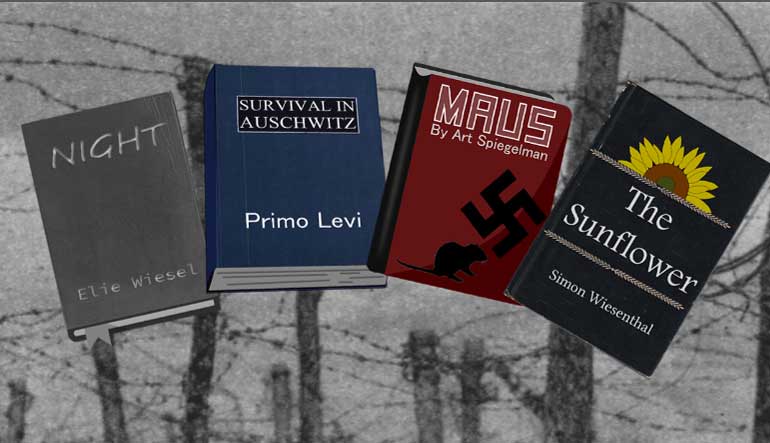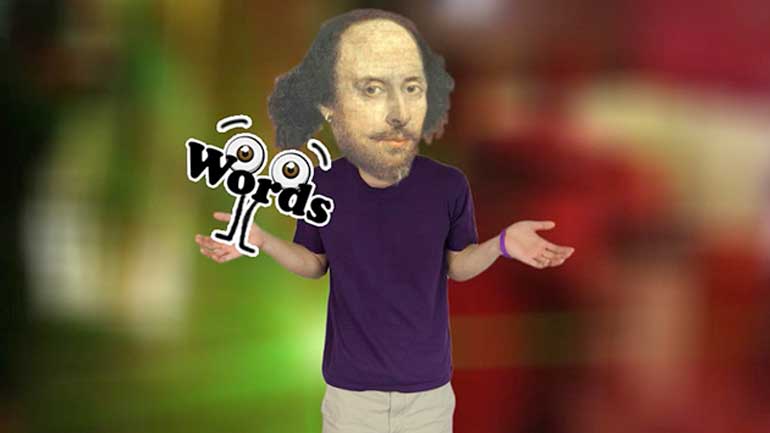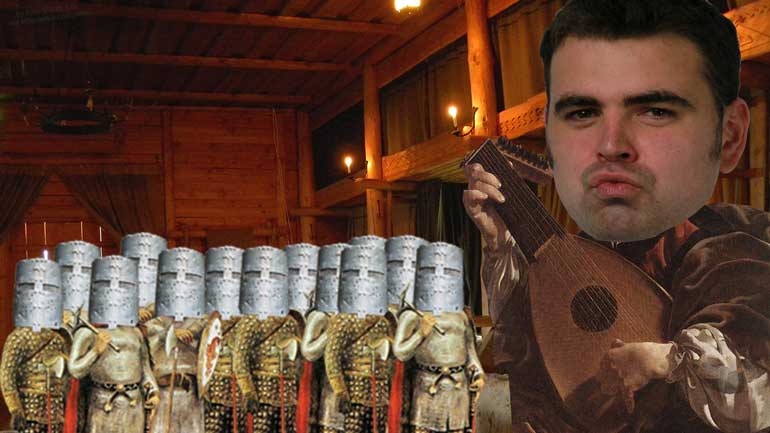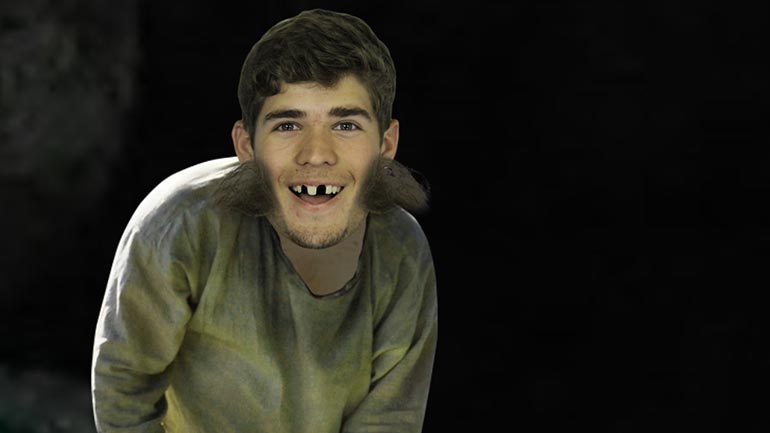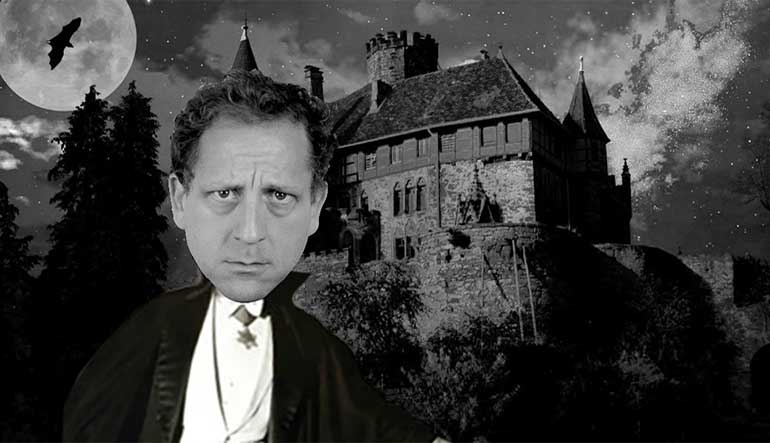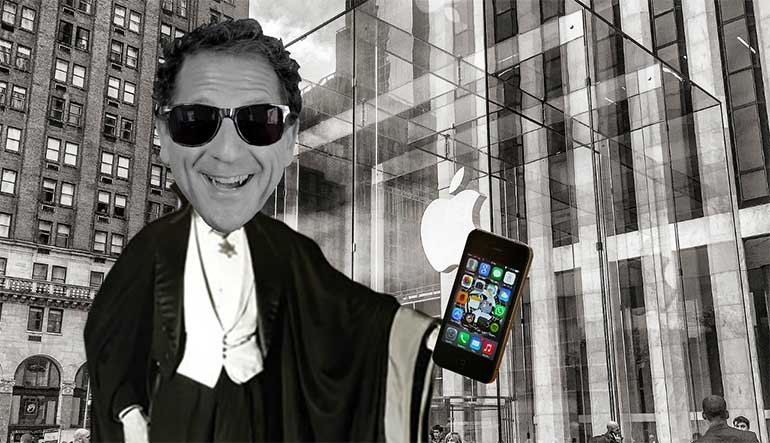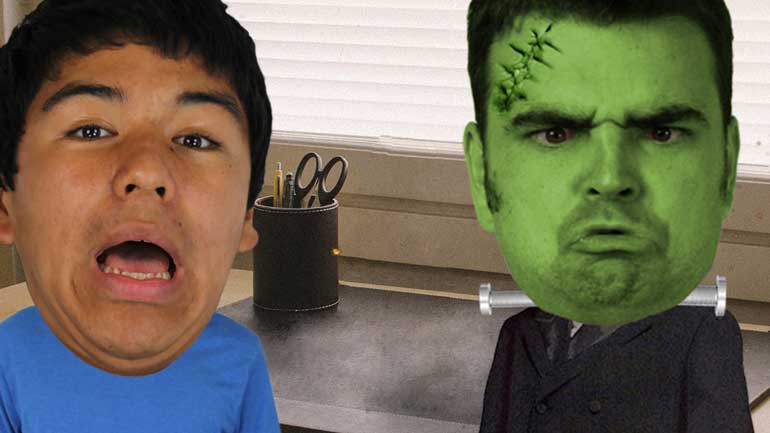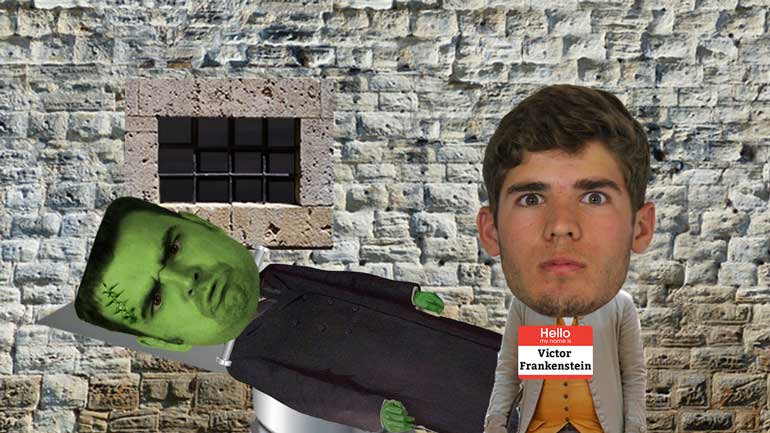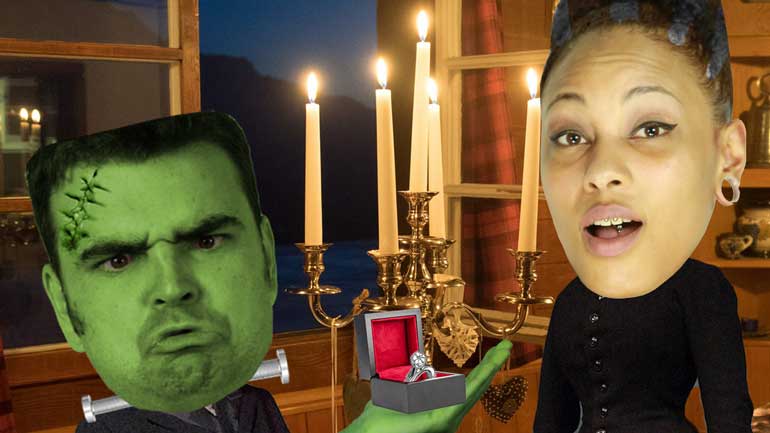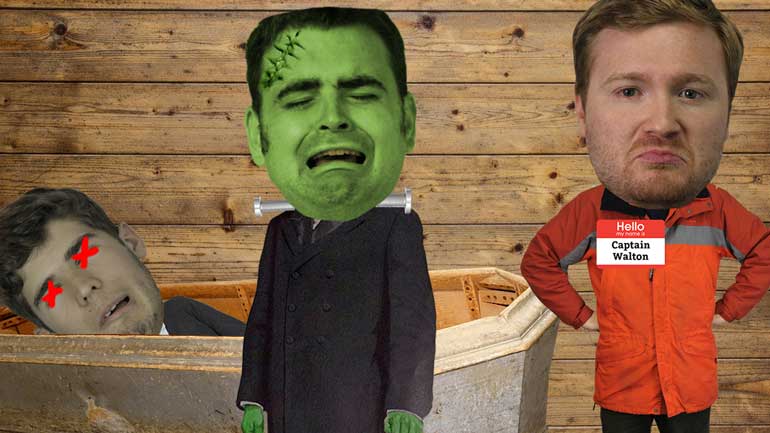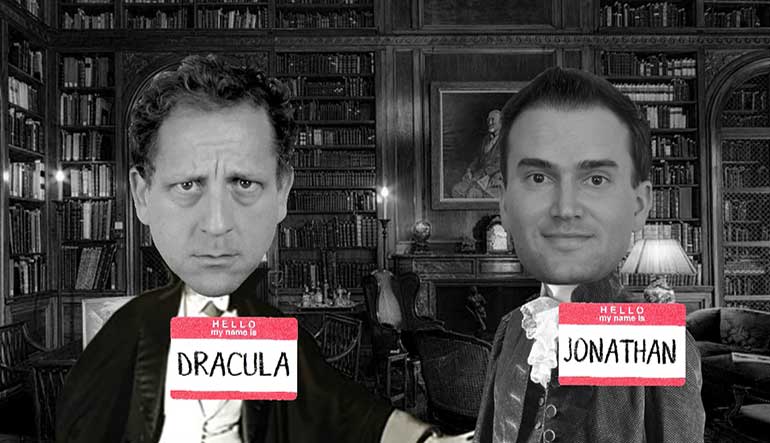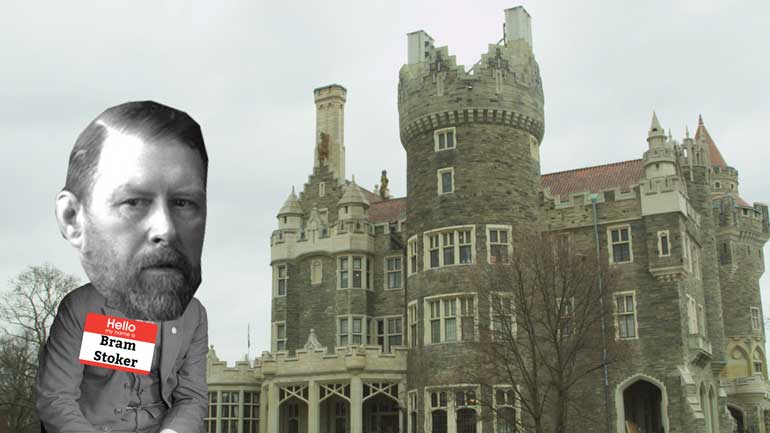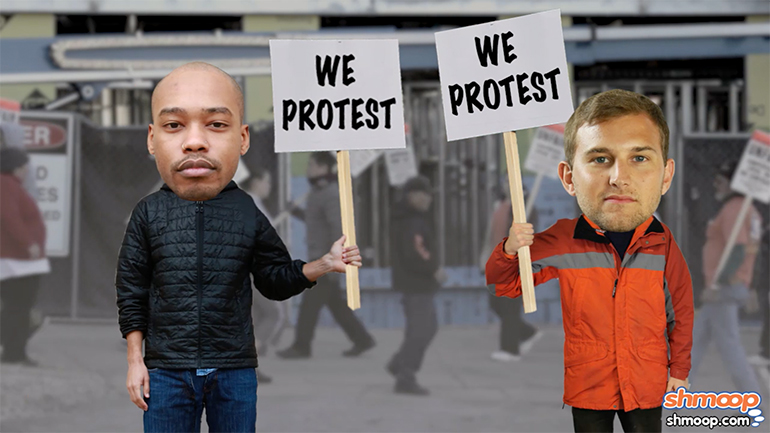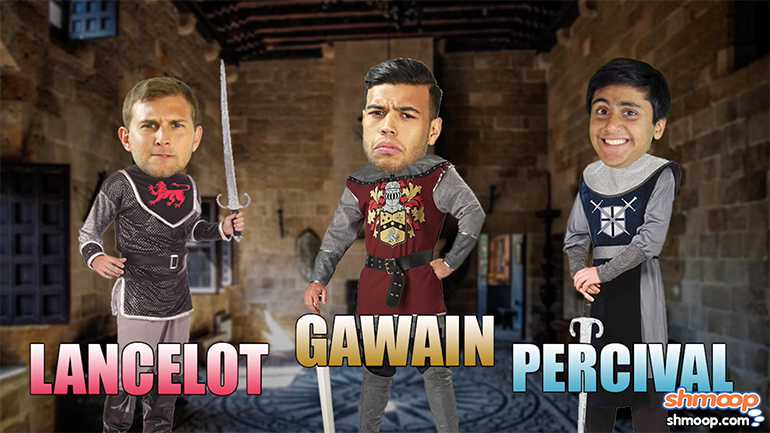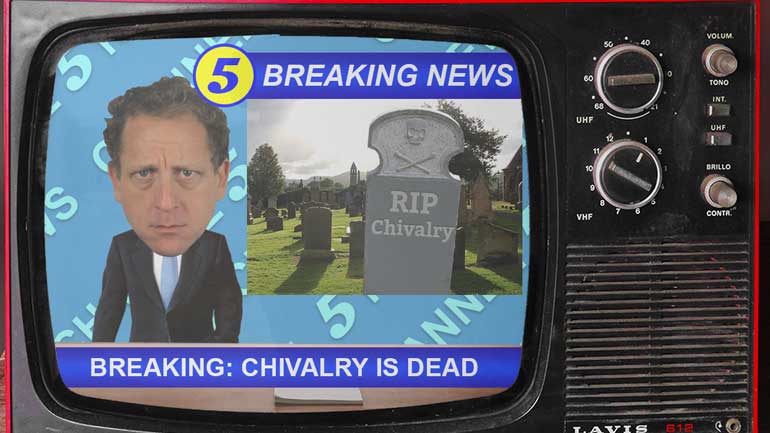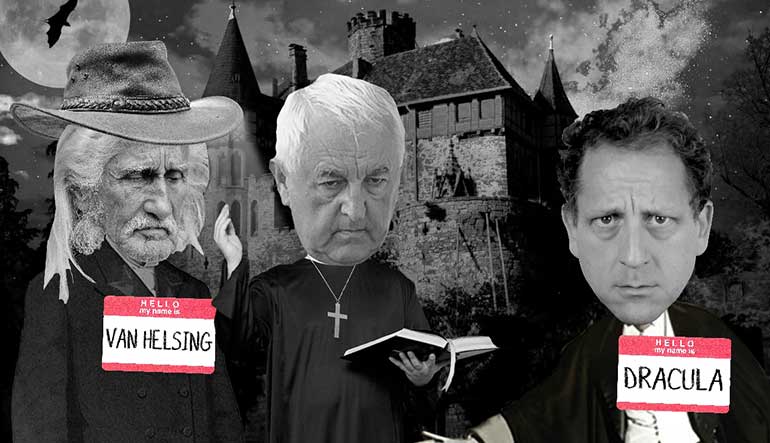ShmoopTube
Where Monty Python meets your 10th grade teacher.
Search Thousands of Shmoop Videos
British Literature Videos 176 videos
Meet Charles Darnay, the nobleman who spends more time on trial and in prison than attending balls and drinking expensive wine. Don't feel too bad...
Written in Anglo-Saxon, or Old English, sometime between the 8th and 11th centuries, Beowulf is an epic poem that reflects the early medieval warri...
Brave New World is supposed be an exciting book about a negative utopia and the corrupt powers of authority. So where’s the big car chase? What's...
Survivor Memoirs 615 Views
Share It!
Description:
Don't come looking to these books for your Monday pick-me-up…unless a good cry really does a lot to lift your spirits. Seriously, we warned you.
Transcript
- 00:04
Survivor Memoirs, a la Shmoop. Let's get one thing straight... survivor memoirs
- 00:08
aren't in-depth looks at the lives of former reality television stars. Although we're
- 00:13
sure those would be fascinating as well...
- 00:16
Rather, survivor memoirs are works by people who either survived a concentration camp,
- 00:22
or who based their stories on the experiences of someone who did. We're talking REAL survivors.
Full Transcript
- 00:28
The important thing to remember is that, no matter what Mahmoud Ahmadinejad <<mah-mood
- 00:33
ah-mah-DIH-nee-zhahd>> says...
- 00:34
...these works, and the Holocaust they recount, aren't fiction.
- 00:40
Let's start with Elie Wiesel's memoir, Night. Wiesel was deported to Auschwitz in 1944,
- 00:48
along with every other Jew in his hometown.
- 00:51
Wiesel, however, not only survived Auschwitz, but a death march to Dachau<<da-COW>>. Eventually,
- 00:57
he became a journalist. The first version of Night was published in
- 01:00
Yiddish and was over 900 pages long. Just be thankful you don't have to read that version...
- 01:03
Wiesel later edited his memoir down to a much, much shorter text. Granted, even the abridged
- 01:08
version of Night didn't sell many copies at first, because the Holocaust makes for a depressing
- 01:13
read.
- 01:13
By 1997, however, Night was selling about 300,000 copies a year, and that was before
- 01:18
Oprah picked it for her book club and passed out copies to her audience.
- 01:22
In 1986, Weisel also won the Nobel Peace Prize for his work against violence and racism.
- 01:29
Another famous memoir was written by Primo Levi<<Pree-mo leh-vee>> who was born in Italy
- 01:33
in 1919. Levi was extraordinarily smart and, despite rampant prejudice against Jews, he
- 01:39
was allowed to study chemistry at the university in Turin.
- 01:42
Unfortunately, by the time Levi graduated, Italy had officially become the sniveling
- 01:47
minion to Germany's big, nasty bully. In 1943, Levi joined the Italian resistance
- 01:54
movement. He was really bad at it...
- 01:57
...like, really bad...
- 01:58
...and was quickly arrested by the Germans. He admitted to being Jewish in order to avoid
- 02:03
being shot, and was sent to Auschwitz.
- 02:05
The end result was his memoir Survival in Auschwitz, which he wrote shortly after his
- 02:10
release from the camp in 1945. Maus, by Art Spiegelman, is different from
- 02:16
both Night and Survival in Auschwitz in two major ways. Its author was never in a concentration
- 02:21
camp... and Maus is a graphic novel.
- 02:25
Spiegelman's parents were Polish Jews, who came to New York after World War Two. Their
- 02:30
story is the one Spiegelman relates in Maus. Originally a three-page strip for an underground
- 02:32
series of comics called Funny Animals, the first volume of Maus came out in 1986. It
- 02:36
proved incredibly popular, and a second volume came out in 1991.
- 02:41
In 1992, Spiegelman won a special Pulitzer Prize for Maus. Since then, the graphic novel
- 02:47
has become a serious form of art, helped along by Spiegelman's success in tackling a topic
- 02:52
as difficult as the Holocaust. Another memoir was written by Simon Wiesenthal<<wise-en-thall>>,
- 02:58
Nazi hunter. Seriously... that was his job.
- 03:08
After World War Two ended and Wiesenthal was released from Mauthausen<<mout-house-en>>,
- 03:12
he immediately became involved in tracking down, arresting, and trying Nazi war criminals.
- 03:17
He also founded the Jewish Documentation Center in Vienna, which has tracked down hundreds
- 03:21
of Nazi war criminals, many of whom escaped to places like South America.
- 03:26
His memoir, The Sunflower, is probably less factual than some of the other books you're
- 03:34
going to read...
- 03:35
...but when fact is as gruesome as the Holocaust was...
- 03:38
...sometimes a little fiction can be a welcome device.
Related Videos
Ever heard of a "living document"? They eat and breathe just like the rest of us! They even walk around on their own two legs. Okay, fine—maybe t...
If the Puritans had gotten their way, religion would play a much larger role in lawmaking these days. Want to know more? Watch the video for all th...
What happened between the creation of the Articles of Confederation and the ratification of the current U.S. Constitution? This video analyzes the...
The Modernists thought the world had a lot of problems, and they were intent on fixing them—or at least talking about fixing them. Unfortunately,...
This video explains Federalism and the quest for a fair balance between state and national power. It covers the progression and compromises of Fede...





















